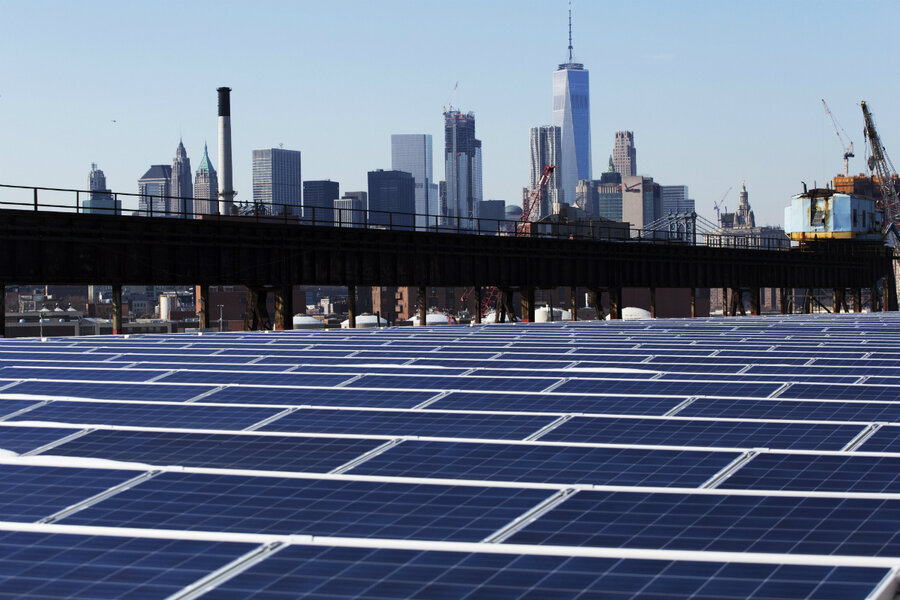US solar companies ask for protection from foreign imports
Loading...
A fractured US solar industry will present differing proposals on Tuesday to a government commission considering measures to prop up domestic solar panel makers, who say cheap imports have left them on the verge of collapse.
The closely watched trade case before the US International Trade Commission has pitted the nation's solar installers and developers against two struggling domestic panel makers. Installers rely on cheap panels to build projects that are cost competitive with natural gas and coal plants.
After ruling unanimously last month that domestic producers have been harmed by imports, the commission now must decide what trade remedies to recommend to President Trump, who will make a final decision later this year. The ITC must deliver its report to the president by Nov. 13.
Suniva and SolarWorld, which are both foreign-owned but manufacture panels in the United States, want import tariffs and other trade remedies, saying they are critical to revitalizing their operations and competing against overseas producers, mainly from China.
In documents filed with the commission last week, Suniva asked for a tariff of 25 cents per watt on solar cells and 32 cents per watt on panels – slightly lower than what it had asked for in its original petition filed in April. The manufacturer is also seeking a minimum price on panels of 74 cents a watt. SolarWorld, which joined the petition after it was filed by Suniva, is recommending a quota for imports.
Existing tariffs are an insufficient deterrent, Suniva says.
The Solar Energy Industries Association, the sector's primary trade group, vehemently opposes Suniva's petition. In documents filed last week, the group said the ITC should take into consideration "the profound lack of support for this investigation" from public officials and the industry.
SEIA also said it will argue that increased tariffs will result in more than 80,000 job losses across the industry as well as lower sales.
As remedies, SEIA suggested federal technical assistance and job training programs as well as a modest import licensing fee that would benefit US manufacturers.
Witnesses scheduled to testify at the hearing in Washington, D.C., include executives from LG Corp, Hanwha Q CELLS Co. Ltd., NRG Energy Inc., Sunrun Inc., and SunPower Corp as well as government officials from China, Korea, Mexico, and several US states.
This story was reported by Reuters.





